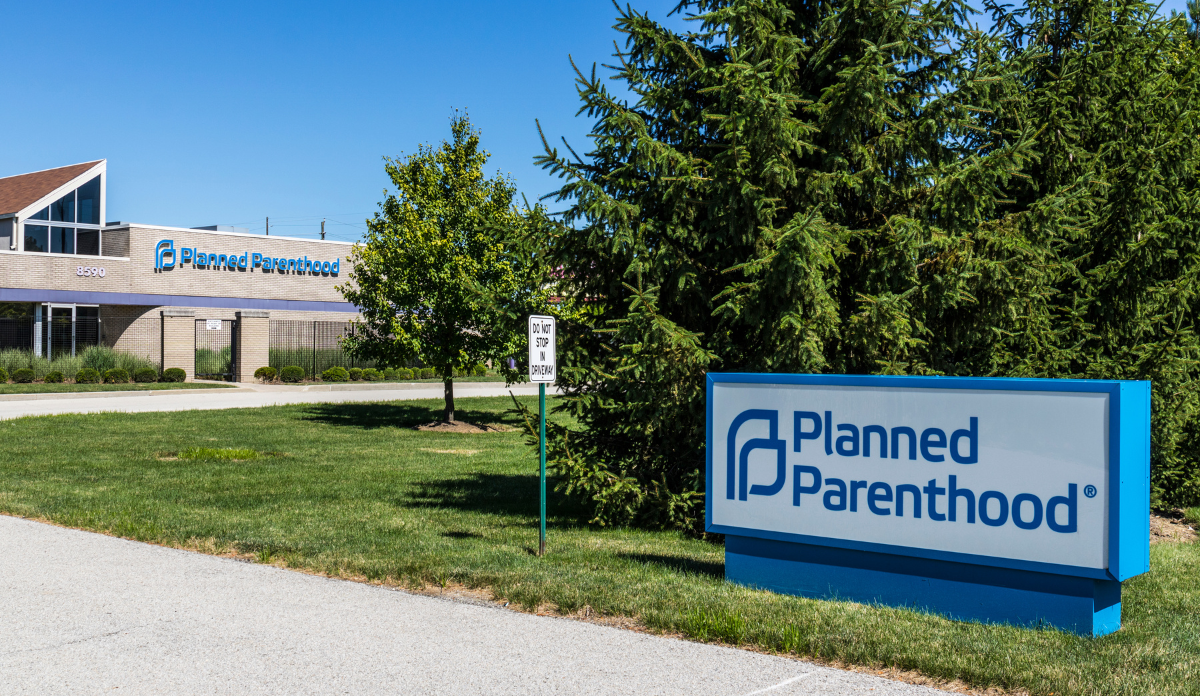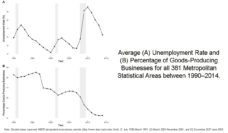Before March 2021, approximately 8,000 Texans used Medicaid to pay for basic reproductive health care at Planned Parenthood locations each year. By the end of that month, they no longer had that option. Texas had changed the rules and barred (or, in legal terms, terminated) Planned Parenthood from Medicaid. The termination stands today, even though federal policy prohibits the exclusion of qualified medical providers from Medicaid.
Medicaid enrollees are among Texas’ most vulnerable residents. Texas Medicaid income requirements are very stringent: adults are only eligible if they are parents of minor children, with an income under 17% of the federal poverty level. For a single parent of two, that equates to $230 per month. Enrollees are also disproportionately people of color.
To learn how this change affected Texans, our team interviewed 30 people who had previously used Medicaid for services at Planned Parenthood but no longer could. The participants were Medicaid-enrolled women between 16 and 50 years old who had attended an appointment at a Texas Planned Parenthood health center in the previous six months. The majority identified as Black/African American or Hispanic/Mexican. We asked open-ended questions about their experiences with Planned Parenthood and with other providers, and about how the change affected them.
Participants shared how Planned Parenthood was nearly irreplaceable in their lives. In their view, Planned Parenthood staff had gone above and beyond to make medical care accessible. Respondents described how staff helped them overcome structural barriers to care stemming from poverty, such as unreliable transportation, lack of childcare, and unpredictable work schedules. Offering flexible, often same-day care and allowing children to attend some appointments, among other services, made these barriers less burdensome.
The change, therefore, places new burdens on a population that already faces structural disadvantages in accessing care.
A longtime Planned Parenthood patient told us, “Sometimes you can [get] a same-day appointment, but if not, you can still find an appointment that’s within the same week […] as compared to an actual doctor’s office, where it can be months.” Patients also reported that, unlike many providers, Planned Parenthood accepted a wide range of Medicaid plans.
Our participants described how hard it was to find a new reproductive health care provider after the termination, partially because fewer than one in three Texas obstetricians and gynecologists accept new Medicaid patients. Moreover, in some communities, other providers are not conveniently located. As one patient told us, “I’ve been looking for the past three months to find another health care provider that’s closer to me, but I have to travel almost an hour away […] I think in the past two months I have called at least 20 to 30 [possible other providers].”
After the change, participants struggled to get timely care for urgent medical needs. Being forced to pay out-of-pocket at Planned Parenthood or to find a new provider left some people in dire situations. They experienced delays in time-sensitive care, including contraceptive injections and prescriptions for oral contraceptives, and some reported that they could not access care at all. Participants also reported emotional distress as a result of the loss of this trusted medical resource. As one young mother explained, “Words can’t even express how upsetting it is.”
We undertook this project to investigate the effect of the termination of Planned Parenthood from Medicaid. We found that Planned Parenthood had played a crucial role in health care provision for Texans living on very low incomes. After the termination, other Medicaid providers have been unable to fill that role. The change, therefore, places new burdens on a population that already faces structural disadvantages in accessing care.
Returning Planned Parenthood to the Medicaid program would support Texans’ right to health care and bring Texas back into compliance with federal Medicaid policy. While the termination stands, many of the most marginalized Texans will struggle to access reproductive health care.
Photo via Getty Images














